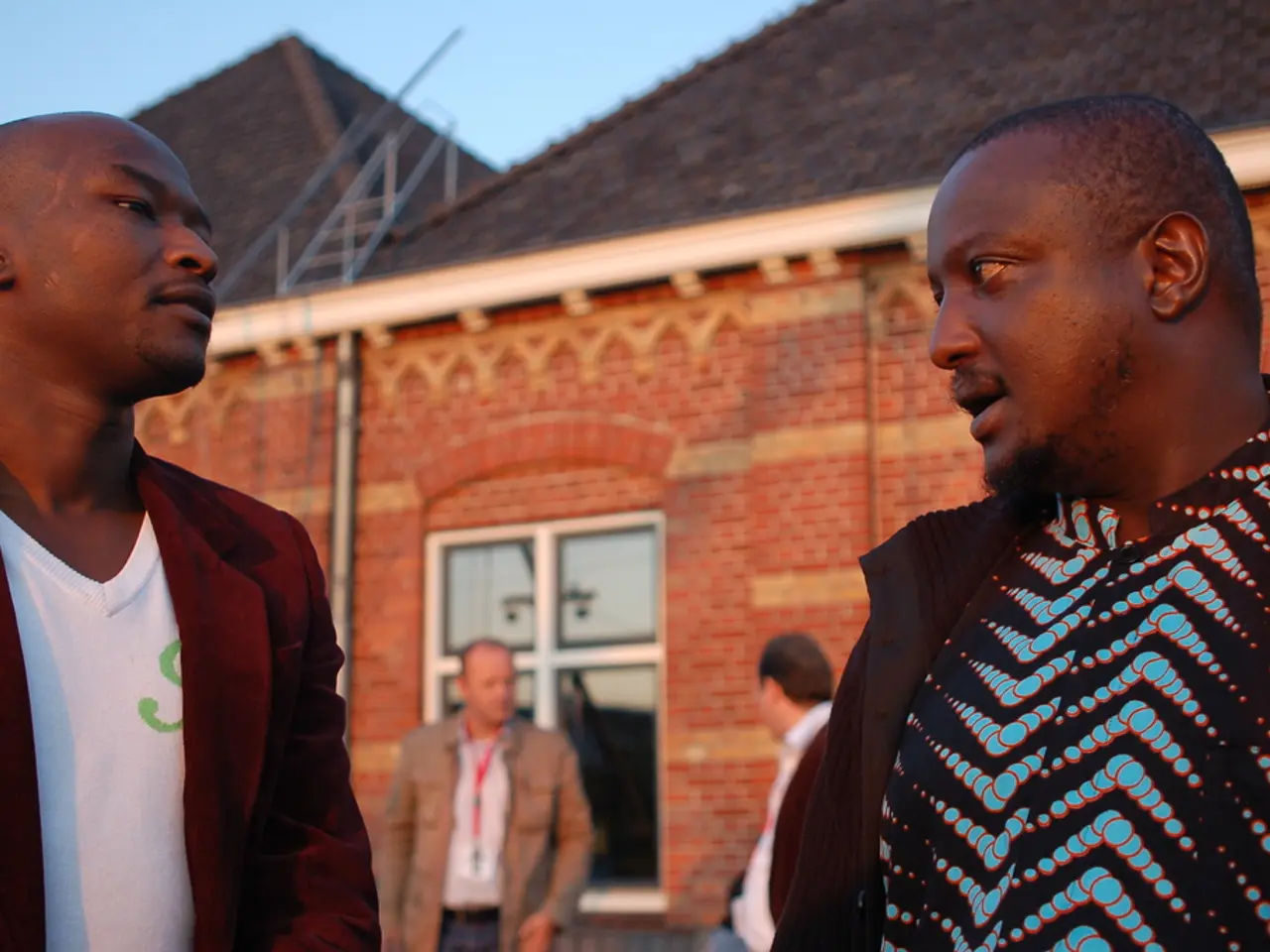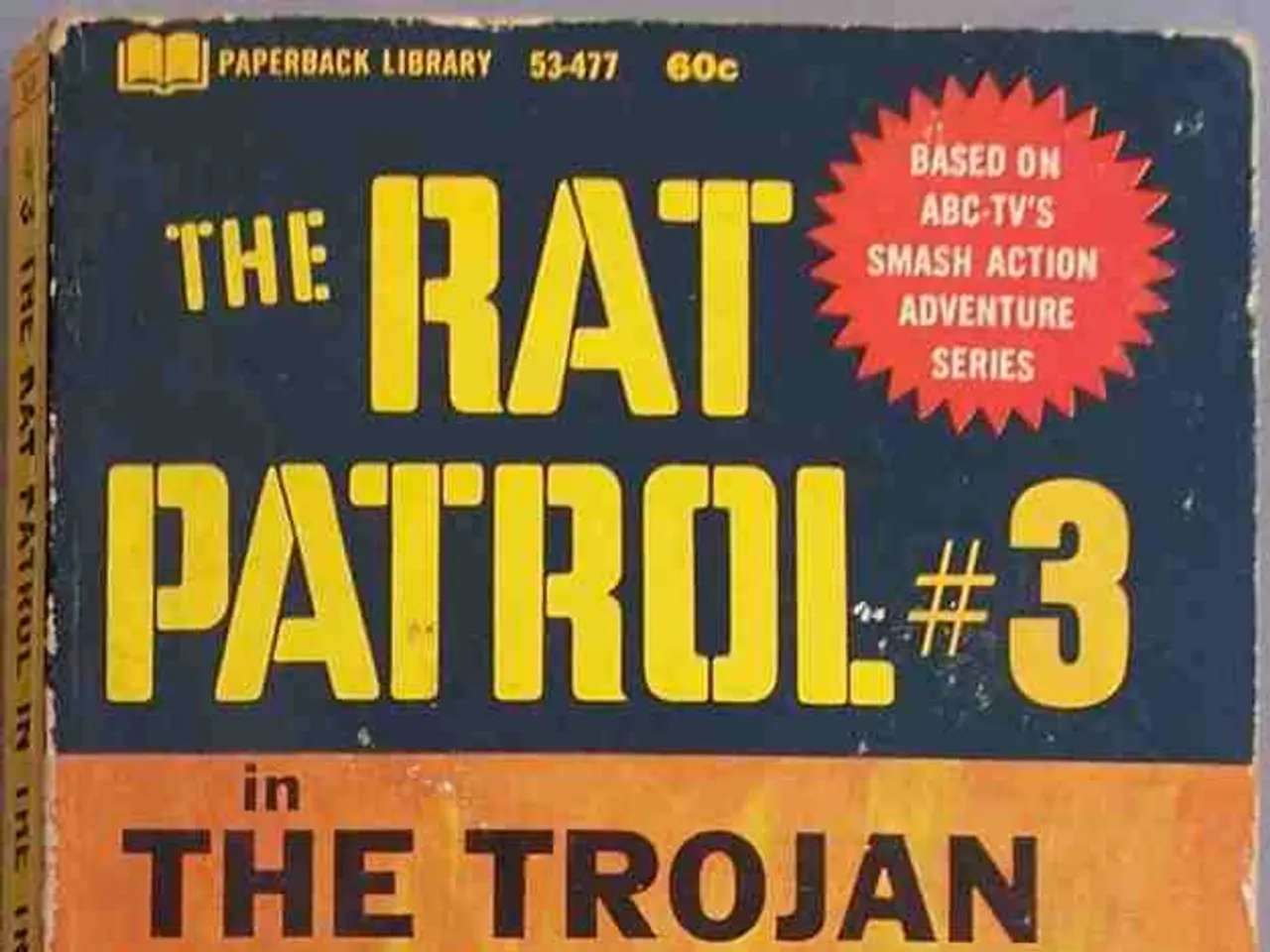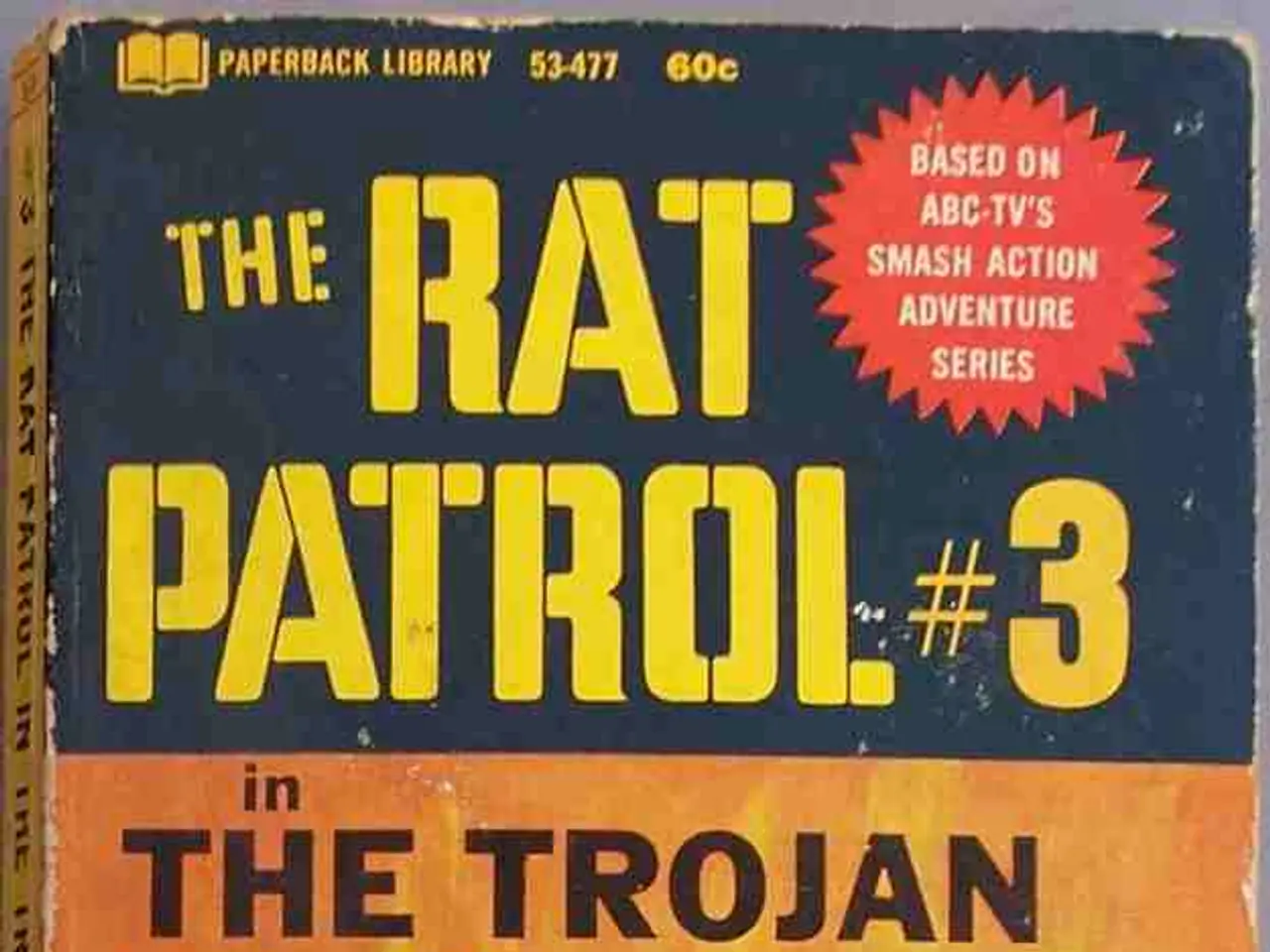Premium Fiction Literature: Closing the Literary Style Divide
In the world of literature, upmarket fiction stands as a unique and captivating genre that seamlessly blends the elegance of literary fiction with the accessibility of commercial fiction. This hybrid genre, beloved by readers and publishers alike, offers a rich tapestry of storytelling that resonates deeply with a broad audience.
At the heart of upmarket fiction lies a thought-provoking premise grounded in an emotional truth or question that matters universally. Take, for instance, Tayari Jones's "An American Marriage," a poignant exploration of racial injustice and the emotional toll of incarceration, or Celeste Ng's "Little Fires Everywhere," a poignant examination of motherhood, privilege, and the complexities of family in a quiet suburban setting.
Character development is another key element in upmarket fiction. Complex, evolving characters whose inner conflicts reflect the themes of the story create emotional depth and nuance. Novels like Liane Moriarty's "Big Little Lies" or Sally Rooney's "Normal People" are prime examples of this, as they delve into the lives of multidimensional characters whose personal secrets and intertwining relationships captivate readers.
Upmarket fiction often draws inspiration from real-world issues and scenarios, making the stories timely, relevant, and relatable. For example, Lionel Shriver's "We Need to Talk About Kevin" tackles the disturbing topic of school violence through the lens of a mother reflecting on her son's actions, while Gail Honeyman's "Eleanor Oliphant Is Completely Fine" follows a quirky, socially isolated protagonist whose gradual emotional transformation becomes the story's central focus.
The writing style in upmarket fiction is a delicate balance between literary prose and accessible language, ensuring the stories appeal to a wide readership. Jodi Picoult, an upmarket author par excellence, blends emotional, high-concept premises with thoughtful prose, creating page-turners that delve into universal themes such as love, grief, or identity.
Structurally, upmarket fiction often employs narrative techniques like dual timelines to enhance emotional resonance and complexity, showing different facets or times of a character's life. This approach ensures that upmarket fiction bridges the gap between literary artistry and broad reader appeal.
In summary, to write upmarket fiction, focus on a thought-provoking premise that's easy to grasp, craft emotionally rich, character-driven stories, weave in universal themes that matter to your readers, and draw inspiration from the real world to spark curiosity and reflection. With its blend of literary elegance and commercial appeal, upmarket fiction continues to captivate readers and offer a unique and engaging reading experience.
Fashion-and-beauty magazines might feature a profile on the characters developed in upmarket fiction, highlighting their unique styles and personal journeys as a reflection of the complexities of their stories. (Fashion-and-beauty)
Book clubs might discuss the various themes explored in upmarket fiction, such as racial injustice, motherhood, and identity, and delve deeper into the books' implications on contemporary society. (books)
In the realm of entertainment, upmarket fiction could find its way into adaptations on screen, offering audiences engaging stories that seamlessly blend storytelling, character development, and real-world issues, making for compelling viewing. (storytelling, entertainment)








